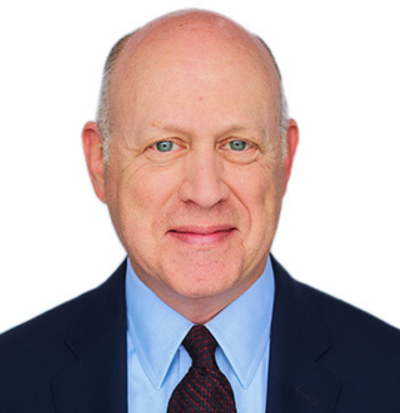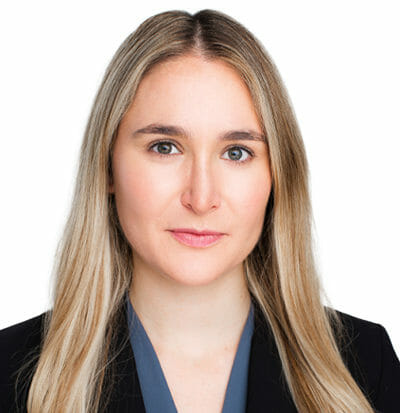In October 2018, a third party posted fake advertisements on Facebook and Instagram linking Bitcoin and other crypto-concurrencies to John de Mol, a famous European media entrepreneur and TV producer. The ads contained De Mol’s name and portrait and were published without his consent. The ads tricked people into buying Bitcoins, but they received nothing in exchange. As a result of the fake ads, victims reported €1.7 million in damages before the Dutch central government’s Fraud Helpdesk. The decision also acknowledged that similar advertisements purportedly from other Dutch celebrities were regularly published on Facebook.
De Mol requested Facebook to (i) take down the fake Bitcoin ads containing his image; (ii) implement all necessary measures to prevent the publication of fake ads by third parties on its platform; and (iii) provide the advertisers’ information. Although Facebook removed the ads reported by De Mol, Facebook relied on the Safe Harbour rules under the EU e-Commerce Directive and claimed that its existing review process was an effective preventive measure to detect unlawful ads. As to the advertiser’s information, Facebook refused to provide it without a court order. Subsequently, De Mol brought an action against Facebook before the District Court of Amsterdam to compel Facebook to comply with the unresolved requests.
On November 11, 2019, the District Court of Amsterdam held Facebook liable for authorizing the publication of false Bitcoin ads featuring the name and portrait of De Mol by third parties on its platform.
The court explained that the Safe Harbour provision of the EU e-Commerce Directive did not protect Facebook in this case because Facebook has an advertising business model. According to Dutch case law, service providers may rely on the Safe Harbour provision if they are “not actively involved in the content of what is being posted on/through its platform.” Thus, Facebook may not rely on the Safe Harbour rules given that Facebook’s business model is to earn income from publishing third-party advertisements and because Facebook actively authorizes and reviews the content of the ads.
Further, Facebook, as an active service provider, is obligated to take all necessary and reasonable measures to prevent and discourage unlawful ads. Although Facebook has some ad review systems, such as its Advertising Policy, the court held that these preventive measures were not sufficient. The court found Facebook’s existing review procedures to be inadequate because unlawful ads—depicting De Mol and other Dutch celebrities without their consent, for example—have slipped through Facebook’s review filters and posted on its platform.
The court further explained that it was at Facebook’s discretion to implement the specific measures that would reasonably prevent and discourage unlawful ads from being posted on its platform. The meaning of “effective preventive measures,” is somewhat unclear, as the decision also acknowledged that Facebook would not incur any liability if an unlawful ad were published due to “technical ingenuity” and were immediately removed.
The court further ordered Facebook to provide the advertiser’s information and awarded damages to De Mol.


















































